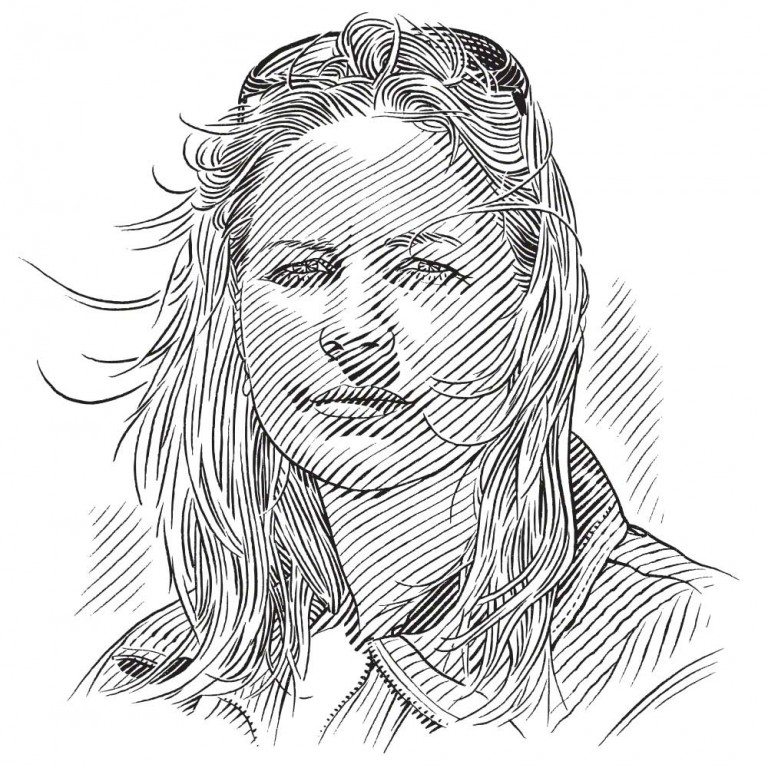Securing the future of sharks and rays through science
The third Southern African Shark and Ray Symposium brought together scientists, students, government and the public to learn about and celebrate sharks and rays. Alison Kock and Sarah Waries tell us of the highlights.
Photo by Michael Scholl
South Africa has one of the richest chondrichthyan (shark, skate, ray and chimaera) assemblages in the world, with 204 species described so far. But shark and ray populations in southern Africa are facing considerable threats from overfishing, habitat destruction, persecution and climate change. To secure a future for sharks and rays we need current scientific information about their biology, ecology, population trends and behaviour to guide effective management and conservation strategies.
In September this year, Shark Spotters and the Save Our Seas Foundation hosted the third instalment of the Southern African Shark and Ray Symposium at False Bay, Cape Town. The overarching goal of the symposium is to advance the scientific knowledge of sharks and rays in southern Africa – and ultimately to secure their future.
The symposium was well attended, with 110 delegates representing major academic institutions, government agencies, NGOs and industry. Networking opportunities between scientists, managers and policy-makers were consequently abundant, encouraging collaboration between the various stakeholders. It is through working together in this way that we stand the best chance of conserving sharks and rays.
A generous grant from the Save Our Seas Foundation allowed for travel grants and student support. This resulted in an overwhelming student response; more than half the participants were students and early-career scientists. Science can be a tough space to navigate and resources such as funding and advisory support are limited. Being able to connect with experienced researchers can help students to advance their scientific goals and avoid pitfalls.
The Shark Spotters
The Shark Spotters programme in Cape Town, South Africa, improves beach safety through both shark warnings and emergency assistance in the event of a shark incident. The programme contributes to research on shark ecology and behaviour, raises public awareness about shark-related issues, and provides employment opportunities and skills development for spotters.

